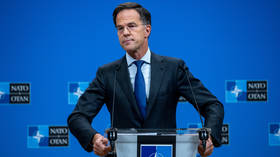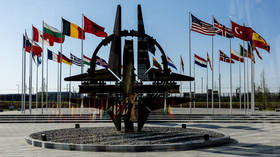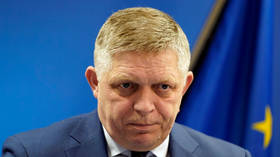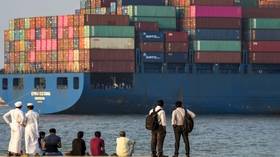ROAR: Ethnic Russians in no hurry to return to North Caucasus

It will be difficult to put into effect a new government strategy and encourage ethnic Russians to return to Russian Caucasus republics, analysts say.
The strategy of the development of the North Caucasian Federal District, published by the government, specifies measures to prevent an outflow of ethnic Russians, i.e. Slavic Russians, at the same time recognizing that unemployment is too high in the region.
It also recognizes the fact that terrorism, extremism and ethnic tensions reduce the region’s attractiveness for investment.
According to the authors of the strategy, an information campaign may foster “national identity and ethnic tolerance” in the district and promote its positive image in Russian and foreign media.
The program particularly highlighted the need to develop areas populated mainly by ethnic Russians and create an infrastructure for Russian culture in the district. Among the proposals are possible social preferences for these people, including in the fields of science and education, and new opportunities for their public and municipal service.
With the variety of possible scenarios of the ethno-demographic and migration situation, “ethnic Russians will remain a major ethno-cultural component in [the republics of] Kabardino-Balkaria, Karachayevo-Cherkessia and North Ossetia up until 2025-2030,” Itar-Tass quoted the document as saying.
At the same time, the document lacks particular measures to be taken in the region populated mostly by Caucasian peoples, media say. One of the most topical issues is unemployment, and there have been mixed commentaries recently concerning possible ways of solving the problem.
“Ethnic Russians will be returned to Caucasus, and the Caucasian people will be employed around the whole country,” Komsomolskaya Pravda daily noted.
To help the unemployed people from the region move is search of new jobs, the government is planning to establish a special labor migration agency.
Taimuraz Mamsurov, the head of the Republic of North Ossetia, has described the government’s strategy as “a signal to the republics and regions.” Under the Soviet Union, many specialists from the North Caucasus moved to other regions to work at plants and factories, he told the daily.
“As for North Ossetia, at that time we regularly sent hundreds or thousands of workers to other regions,” Mamsurov said. “Now the North Caucasus remains a territory with excessive labor force, and the forgotten Soviet experience could be helpful to reduce unemployment in the region.”
“The proposals in the new concept are also a reminder to those who have forgotten that Russia is a federative state that does not have internal borders,” the republic’s head noted.
“It is also a signal to our people who… think that they are not welcome somewhere else but their own territory,” Mamsurov noted. He added that “people in other regions should understand that a real chance still remains to distribute [labor forces] effectively inside the country.” At the same time, he stressed that the new strategy did not envisage forced resettlement.
In September, Aleksandr Khloponin, the presidential envoy in the North Caucasus Federal District had to refute reports that the strategy of the region’s development encouraged the mass resettlement of local unemployed people to other regions.
Many are still concerned that inflow of migrants could provoke ethnic tension in regions predominantly populated by ethnic Russians.
Some commentators “have distorted the idea completely,” Khloponin said, describing this as a “provocation.” However, if there are specialists who are ready to work on contracts in other regions they should be able to do it, he told reporters.
It is assumed that employees from the North Caucasus will take up to ten per cent of the foreign labor force in Russia, Gazeta.ru online newspaper said.
The population of the Caucasus always actively moves beyond their regions searching for jobs, said Natalya Zubarevich of the Independent Institute of Social Policy. “The question is how it is possible to encourage labor migration and which jobs the newly-created agency may offer. In Russia, no new jobs are being created in the post-crisis time.”
As for the ethnic Russian population in the Russian Caucasus republics, its outflow was connected with the destruction of industries, Zubarevich said. “There will be no industries in the near future either, so there are no jobs for ethnic Russians,” she told the paper.
Analysts are skeptical about the new strategy, Zubarevich said, adding that the region needs the change of institutions rather than new conceptions. “First of all, the security problem, the issues of landed ownership and social networks should be solved,” she noted.
Ingush President Yunus-Bek Yevkurov said that there has been no outflow of ethnic Russians from the republic for a long time “because, frankly speaking, everyone who had wanted to go already did it.”
“Unfortunately, there is no mass return of these people,” he told Komsomolskaya Pravda, adding that when one Russian family returns, “this is already good.”
This difficult topic has been raised at the government level and outlined in the strategy at the proper time, Yevkurov said. “We understand that everything should be done in Ingushetia for the return of people, but there are no such conditions at the moment.”
The main thing now is to ensure security, the Ingush leader said. Stability will help to step up efforts in solving socio-economic issues, he stressed.
Sergey Borisov,
Russian Opinion and Analysis Review, RT















